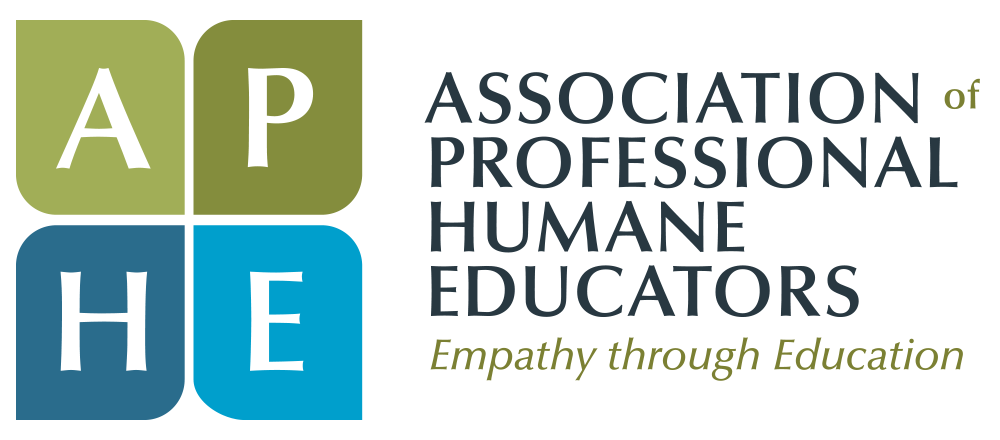Processing Companion Animal Death with Children
By: Emily Strongin, Director of Education, Humane Society of Charlotte & Owner, Peaceful Tails Doula
Years of working and volunteering in animal welfare has taught me the importance of accepting death as a regular and frequent topic of discussion. As the current Director of Education at the Humane Society of Charlotte (HSC) as well as an end-of-life doula, my goal is to embrace death and walk people through the process and difficult conversations. If you get nothing else from this blog, I hope that the resources provided will be useful in either your professional or personal life.
I began my doula journey in 2023 after speaking to people about their beloved pets and hearing stories about their confusion and grief in the animal’s final days/hours/minutes. The death may have been sudden or long expected; but regardless, losing a companion animal deeply impacts our lives. Hospice and Palliative Care often leave little time for in-depth conversations about quality of life, questions, humane euthanasia, the after care of the remains, coping with grief, etc. I realized there was a need for support and that’s where I got started.
In 2024 I completed the UVM Companion Animal End-of-Life Professional Certificate Program and received the Animal Advocate Certificate from the International Association for Animal Hospice and Palliative Care (IAAHPC). The skills I gained through those courses allow me to share doula work, as well as be a better animal welfare professional.
I have had the privilege to work at the Humane Society of Charlotte for the past three years with the focus of growing youth programming. HSC hosts 8 weeks of summer camp each year and part of the camp experience is taking the kids on tours of the facility, including a daily walk of the adoption floor to visit the dogs and cats. As you can imagine, the kids tend to quickly form attachments to their favorite animals, and it’s always fun to share the joy when the animals are adopted. However, when an animal is no longer in the kennel due to behavioral euthanasia (following the tenets of socially conscious sheltering), it can lead to an uncomfortable conversation. These situations were another catalyst that inspired me to pursue becoming a doula — so that I could try to understand how children cope with the death of an animal.
For some basic tips, here is what I recommend: When speaking to children about death, be sure you’re speaking with simple, honest, and clear language. It’s also important to be respectful of the child and their family’s different spiritual, religious, and cultural beliefs. Don’t make assumptions, and absolutely include the families from the beginning. People’s experience with death and dying is unique to them. We have the opportunity to support children and their families to have safe/open conversations about the reality of death and the beauty of life.
I have included below a list of suggested resources that I have found extremely helpful throughout my journey. For further discussion or any questions, please feel free to contact me at emily@peacefultailsdoula.com.
Suggested Resources:
Books to Help Children Grieve the Death of a Pet
The mental health effects of pet death during childhood: Is it better to have loved and lost than never to have loved at all? - PMC
Helpful Picture Books on Death and Grief: Part 1 — Little Readers Future Leaders
Coping with the loss of a pet | American Veterinary Medical Association
Nine family-friendly ways to memorialise a pet
11 Ways Your Kids Can Remember Their Pet | Paws Into Grace
6 Family Friendly Ways to Help Kids Grieve After Pet Loss | Psychology Today
Helping Children cope with the death of a beloved pet - Rainbow Bridge

.png)
